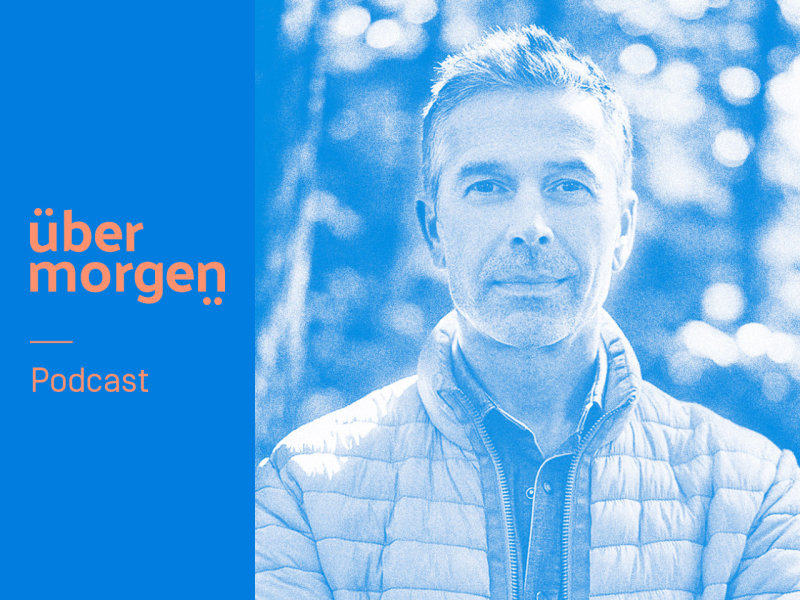How dramatic is the extent of species extinction and what are its repercussions? What role do we as consumers and the way we do business play in that? And what are the solutions to this threat? Welcome to a brand-new episode of our Über Morgen podcast, this time with Dirk Steffens as our guest.
While the dangers of climate change are garnering more and more attention these days, the public debate about endangered species conservation remains astonishingly quiet. Which is hard to believe, considering that the planet is currently experiencing the greatest loss of species since the extinction of dinosaurs. It’s high time we realised that this is a huge cause for concern – because it’s not just about animal welfare but maintaining human life.
So the question is: how can we preserve biodiversity? What needs to change politically and in the way we do business? And how can each and every one of us do our bit? We are covering all these topics and more with today’s guest, Dirk Steffens.
How can we preserve biodiversity tomorrow? (German only)
Most people will have heard of the TV host, scientific journalist, bestselling author and wildlife filmmaker from his documentary format “Terra X”. He is a pro when it comes to explaining scientific content related to the environment and biodiversity. And that’s not only something he does on television, but also as an official ambassador for the United Nations Decade on Biodiversity, WWF and the Jane Goodall Institute. With the aim of educating people about the protection of endangered species, he established the Biodiversity Foundation together with his wife in 2017.
Tune in to our latest episode to find out what his solutions are, why our relationship with nature is so pivotal to that and how green capitalism could work.
Enjoy listening! Photo credit: Tobias Schult
